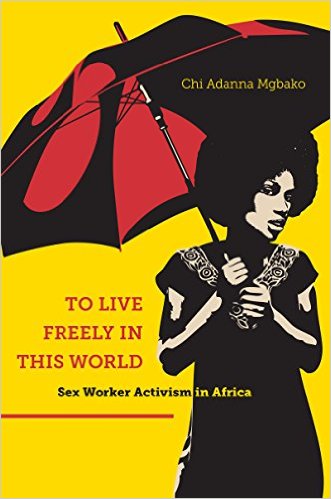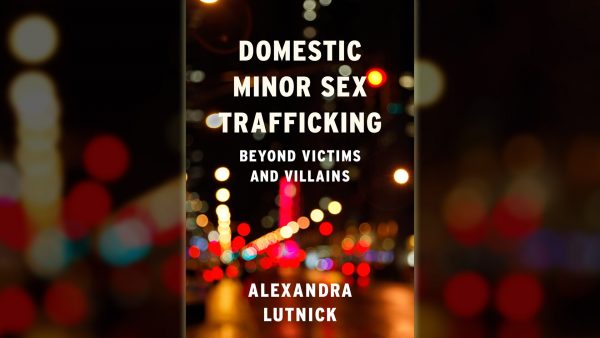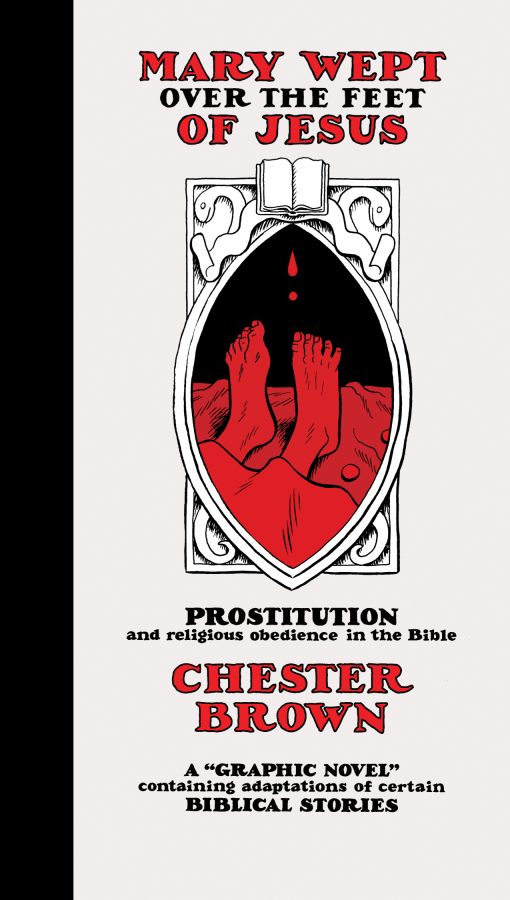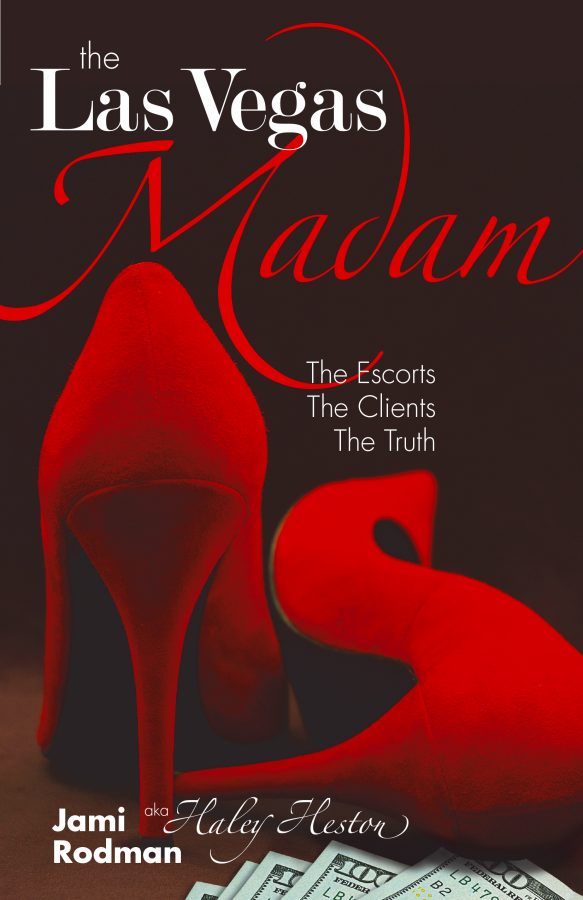To Live Freely In This World: Sex Worker Activism In Africa (2016)
 A version of this review originally appeared in issue 19 of make/shift magazine
A version of this review originally appeared in issue 19 of make/shift magazine
In March 2016, South African deputy president Cyril Ramaphosa made a historic announcement of a nationwide scheme to prevent and treat HIV among sex workers, proclaiming, “we cannot deny the humanity and inalienable rights of people who engage in sex work.” Though Ramaphosa remained mum on the topic of decriminalization, the rousing endorsement this statement represents can’t be underemphasized. It’s impossible to imagine a U.S. politician of any importance saying something similar. The credit for this sea change in attitude goes to South African sex workers’ rights organization SWEAT (Sex Workers Education and Advocacy Taskforce) and sex worker peer organization Sisonke. In her book, To Live Freely In This World: Sex Worker Activism In Africa, Fordham University law professor Chi Adanno Mgbako covers SWEAT and parallel organizations in seven countries.
Mgbako deftly and concisely goes over sex workers’ rights 101 material. The epilogue’s history of global organizing comprehensively places the African movement in its broader context, from the 1970s—Margo St. James’ COYOTE and the French Collective of Prostitutes—to the 2012 Kolkata Sex Worker Freedom Festival. Mgbako explains the importance of not reducing sex work to “a single story” of victimization, the necessity of respecting human agency, and the need to understand sex workers’ rights activism as a labor movement. She traces the connection between violence and criminalization as represented by police abuse and client violence and the structural violence of social stigma, labor exploitation, and healthcare discrimination.
To Live Freely also transcends respectability politics and actively includes the sex workers often left out of our histories. One of the book’s seven chapters is dedicated to the multiple stigmas navigated by queer, migrant, trans, and HIV-positive sex workers. Mgbako makes sure to discuss sex-working queer women, trans men, and gender nonconforming people, who because of their lower visibility are too often excluded.
Many times throughout the text, Mgbako provides long oral histories from sex worker activists. In an admirable and sadly rare move for an ally, she explicitly connects this choice with the fact that she is not a sex worker herself, “and too often, non-sex workers take it upon themselves to speak for sex workers when the latter are fully capable of speaking for themselves.” I found these sections of the book and the solidarity they represented perhaps the most valuable. Kenya Sex Worker Alliance’s Phelister Abdallah’s harrowing account of gang rape by police, the moment representing her personal awakening as an activist, was particularly affecting. Yet, Mgbako never allows these stories to become tragedy porn for non-sex-worker readers—in her introduction, she avers that she only included narratives of abuse when those narratives illustrated the sociopolitical realities of sex workers’ struggle against criminalization. “There are no broken people in this book,” Mgbako declares. Instead, the author’s interest lies in displaying the “radiating strength” of African sex workers.
 Slam poet and African American studies professor Aya de León’s new novel,
Slam poet and African American studies professor Aya de León’s new novel,  When I got arrested recently, my copy of Domestic Minor Sex Trafficking: Beyond Victims and Villains by Alexandra Lutnick came along with me to jail. It’d be fair to blame me, as well as the boys in blue, but I think it’s unlikely that this is the last time this publication will see the inside of an evidence vault or be fondled by the fingers of a police sergeant.
When I got arrested recently, my copy of Domestic Minor Sex Trafficking: Beyond Victims and Villains by Alexandra Lutnick came along with me to jail. It’d be fair to blame me, as well as the boys in blue, but I think it’s unlikely that this is the last time this publication will see the inside of an evidence vault or be fondled by the fingers of a police sergeant. Canadian comic artist Chester Brown is probably the most well-known punter-writer our there. His
Canadian comic artist Chester Brown is probably the most well-known punter-writer our there. His 
 The Las Vegas Madam: The Escorts, The Clients, The Truth is the tell-all memoir of Jami Rodman, the madam who came to fame by employing former Olympic middle distance runner
The Las Vegas Madam: The Escorts, The Clients, The Truth is the tell-all memoir of Jami Rodman, the madam who came to fame by employing former Olympic middle distance runner